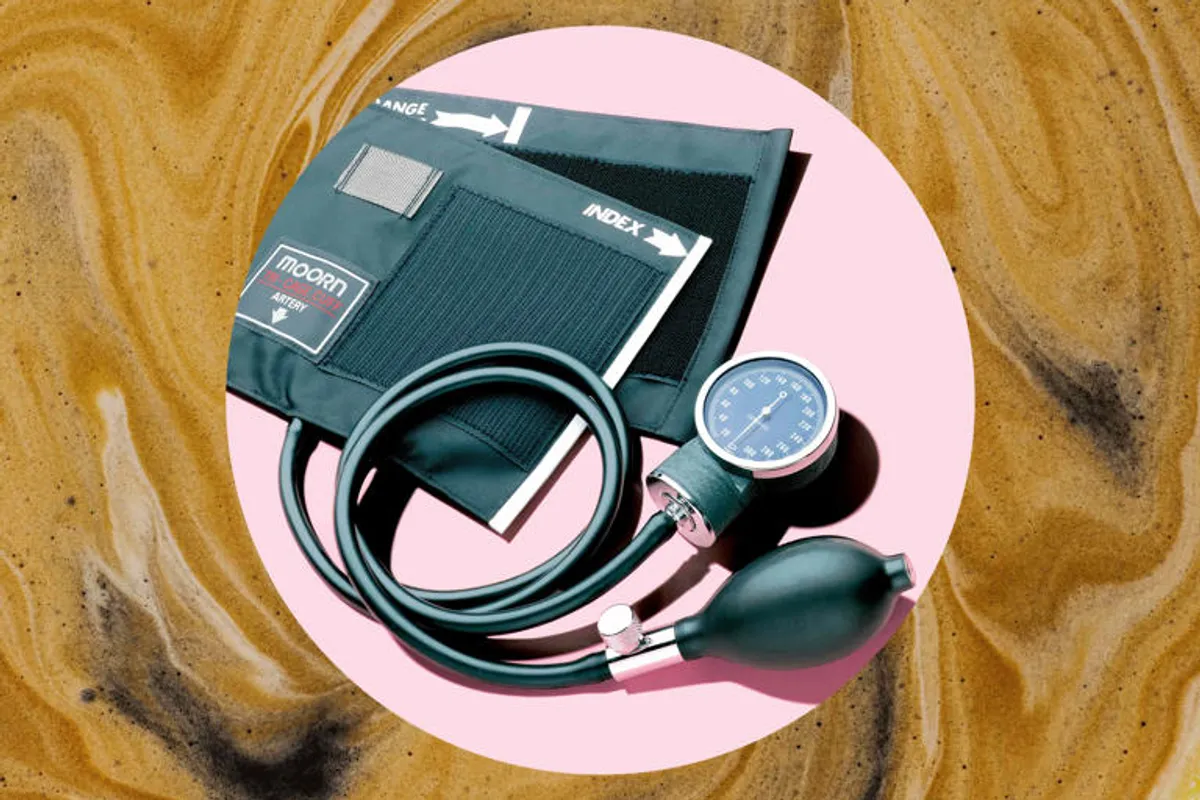
Teen with Rare Condition Can’t Eat or Drink — But Thriving Against the Odds

GeokHub
Contributing Writer
A 14-year-old boy from England, Finley Ranson, faces an extraordinarily rare medical condition that prevents him from eating or drinking like a typical teenager. His stomach cannot tolerate any lipids (fats), leading to severe internal reactions and internal bleeding when he eats normal food. Doctors say his case is so unique that no other similar instances have been identified worldwide.
Innovative Medical Support
-
Two-part infusion system:
- Lipid-free nutrients (carbs, protein, vitamins) are fed via a tube into his stomach three times daily.
- Fat-containing nutrients are delivered twice weekly through an IV into a central vein.
-
Lifelong treatment:
This regimen began when Finley was just 4 years old and continues through six-hour weekly sessions—a crucial workaround that bypasses his malfunctioning digestive response.
Family & Medical Insight
Doctors have described his condition as “baffling”—a reaction more akin to severe infection than allergy. Finley has affectionately dubbed it “Finley‑itis.” His mother, Rhys, hopes ongoing treatment advancements will one day allow him to enjoy regular food.
Why It Matters
- Medical unknown: Finley’s condition is so rare it may expand scientific understanding of digestive disorders.
- Quality of life: Despite his challenges, he’s determined to live fully—attending school, socialising, and pursuing interests, with his health team continuously working to improve life routines.
Finley Ranson’s case highlights both the fragility and resilience of the human body. With tailored medical care, he continues to thrive—and offers hope that even the most confounding conditions can be managed with compassion, ingenuity, and support.







